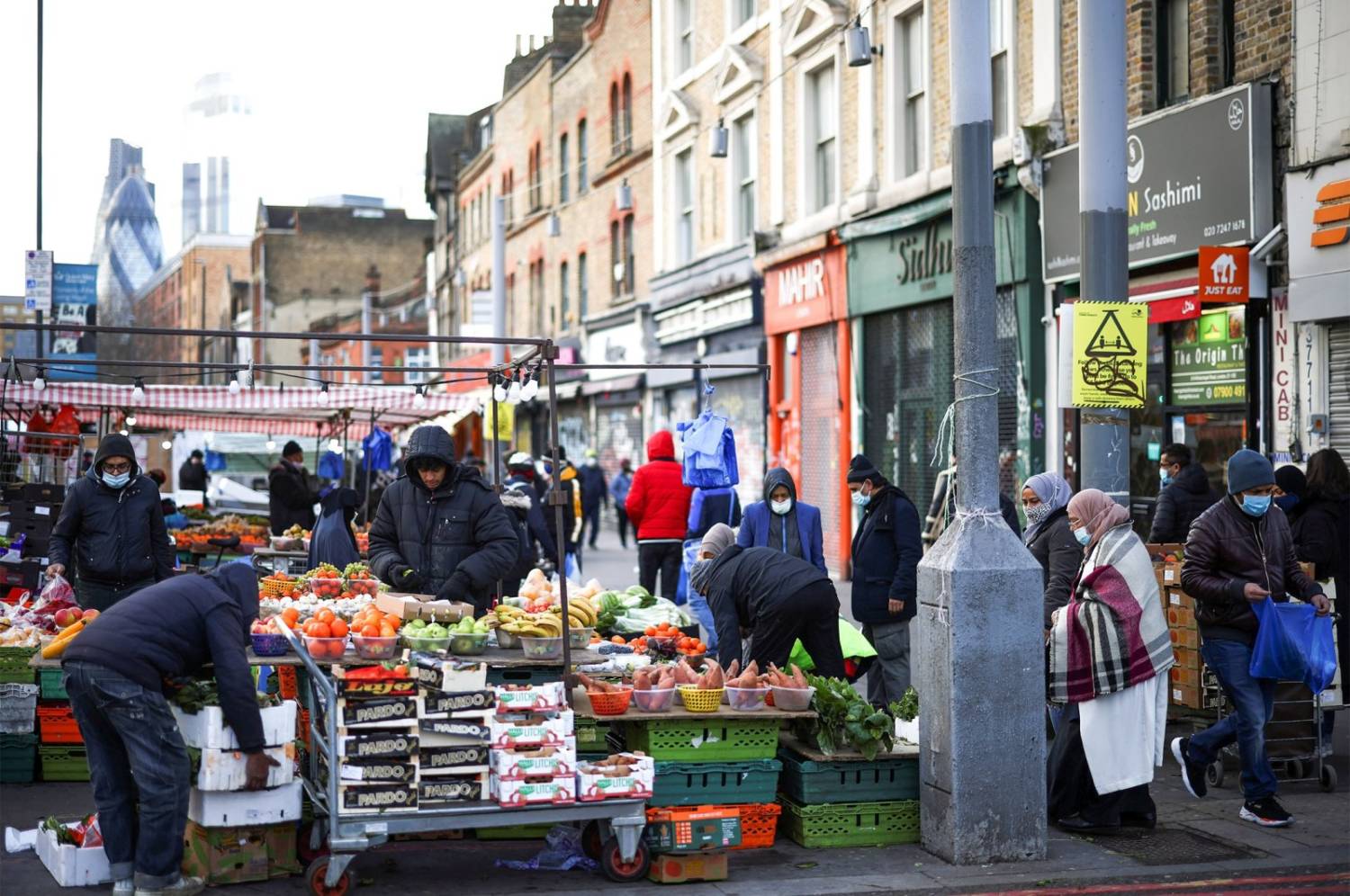The tide of pessimism sweeping through Britain’s households is unmatched elsewhere among Europe’s major economies and suggests the government may have misjudged its response to an escalating cost-of-living crunch.
Finance minister Rishi Sunak has so far resisted calls to extend support measures for households, saying he will look at the situation again in the second half of the year when energy prices are due to rise again.
Some of the economic data, however, suggest a more urgent approach may be warranted.
Last month the closely watched GfK survey showed the public’s confidence in their personal finances fell to the lowest level since records began in 1985, with sentiment over the economic outlook also nearing all-time lows.
That was before last week’s stark warning from the Bank of England that Britain risks a double-whammy of inflation above 10% and a possible recession as the BoE raised interest rates to their highest level since 2009. Read full story
While people all over Europe face their highest rates of inflation in decades – reflecting pandemic-damaged supply chains and soaring energy prices – and consumers are turning gloomy across developed economies, an outright collapse of confidence is an acutely British problem.
Comparable non-seasonally adjusted data from the European Commission’s monthly consumer survey – which included the British GfK survey before Brexit – show there is more pessimism in Britain about household finances and the wider economy than in any of the EU’s 10 biggest economies.
Including all EU countries, only consumers in Greece were more downbeat.
The Refinitiv/IPSOS consumer survey paints the same picture: Britain bottom of the table in Europe for confidence in finances.
Economists say this reflects a relative lack of support from the Conservative government for British households who this year face the biggest hit to incomes since the mid-1950s.
“If you compare the UK to the other major Western European countries like France, Italy, Germany… they’ve done more to support consumers over the last few months,” said James Smith, developed markets economist at ING.
France has committed to capping an increase in regulated electricity costs at 4% – in contrast to Britain’s 54% increase of its regulatory price cap that took effect in February, affecting some 22 million people. The British cap is set for another steep rise in October.
Germany has announced two tax relief and subsidy packages worth more than 30 billion euros ($31.6 billion) in total.
Spain has cut taxes to lower consumer bills and announced 16 billion euros in direct aid and soft loans to help companies and households weather the energy price rise. Read full story
Britain says it is providing support worth 22 billion pounds ($27.1 billion) in the 2022/23 financial year for households – but this ignores previously announced tax increases for workers.
The Resolution Foundation, a think tank focused on living standards, estimates British support for 2022/23 will net to just 110 pounds for each household, after tax rises.
British consumer confidence now languishes at levels that have reliably indicated recession.
While business surveys and labour market data show a healthier picture of the economy – one reason why the BoE has raised interest rates – this was also the case in the first half of 2008 when a severe downturn followed.
A repeat could spell trouble for Prime Minister Boris Johnson ahead of elections due in 2024. On Tuesday he pledged to revive Britain’s economic growth to help those struggling with the swelling cost of living. Read full story
SHOW ME THE MONEY
Sunak stresses the need to restore Britain’s public finances after borrowing the most ever for peacetime during the COVID-19 pandemic. He says he must reduce the debt burden for future generations and make room for future stimulus if needed.
Last month, the International Monetary Fund said Britain was on course to run a smaller budget deficit in 2023 than most major developed economies – but it would also suffer the weakest economic growth and the highest inflation.
Prime Minister Johnson has warned that doing more now to help households with rising energy bills could further stoke inflation – a proposition that Resolution Foundation chief executive Torsten Bell said was “seriously nonsense”.
The government should provide targeted support for households on the lowest incomes, he said.
“(It’s) true that you can’t prevent higher gas prices making us poorer as a country,” Bell said. “But the idea that you can’t make choices about whose living standards that impacts is ridiculous.”
Economists say this emphasis on spending restraint may now lie at the heart of Britain’s problems, potentially creating a toxic policy mix.
When Britain adopted an austerity plan to rein in government borrowing after the 2008-09 financial crisis, it relied on the BoE to keep stimulating the economy – something that is no longer an option with inflation heading for double digits.
“We’ve been consistent for some time in saying that we think the policy mix is wrong, and that fiscal policy is too tight,” said Rory Macqueen, principal economist at the National Institute of Economic and Social Research.
The thinking goes like this: the government ought to be spending more – particularly helping lower-income households through the cost-of-living crunch.
With fewer worries about the hit to demand and a potential recession averted, the BoE would be able to raise interest rates by more, boosting the pound – which has slipped to an almost two-year low below $1.23 in recent days – and curbing inflation.
“There’s significantly more which could be done within the constraints of fiscal policy to support households,” Macqueen said.
But when the government laid out its legislative agenda for the coming parliamentary term on Tuesday, there was no sign of a change of tack – although it said it would not hesitate to take further action to assist households if needed.
“Clearly the government is the agent which is best placed to make sure that households aren’t suffering, and they’re failing to do so,” Macqueen said.
(Reuters)






